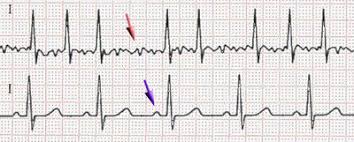ASCO, Author Interviews, Bayer, Leukemia, Pediatrics / 05.06.2019
Children with High Risk AML: Intensification of Induction II Chemotherapy and Liberalization of Stem Cell Donor Source does not Improve Outcomes
MedicalResearch.com Interview with:
Joseph Germino, M.D., PhD
Vice President US Medical Affairs Oncology
Bayer Healthcare Pharmaceuticals
Whippany, N.J. 07981
MedicalResearch.com: What is the background for this study?
Response: Sorafenib (Nexavar®) is an oral anticancer therapy approved in more than 100 countries worldwide. It is approved for the treatment of patients with advanced hepatocellular carcinoma (HCC); advanced renal cell carcinoma (RCC) who have failed prior interferon-alpha or interleukin-2 based therapy or are considered unsuitable for such therapy; progressive, locally advanced or metastatic differentiated thyroid carcinoma (papillary/follicular/Hürthle cell), that is refractory to radioactive iodine (RAI).
The AAML 1031 is a recently completed Phase III clinical trial evaluating the use of bortezomib and sorafenib in patients 30 years or younger with newly diagnosed acute myeloid leukemia (AML).
At the 2019 ASCO Annual meeting, results of a report from the AAML1031 trial, which assessed whether intensification of Induction II chemotherapy (ADE or AraC/ Mitoxantrone) and liberalized stem cell transplant (SCT) donor source criteria improved clinical outcomes in patients with residual AML. (more…)






























